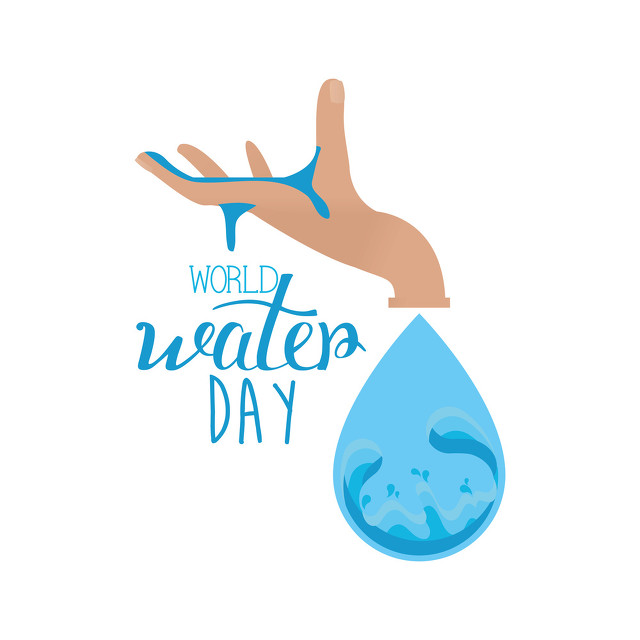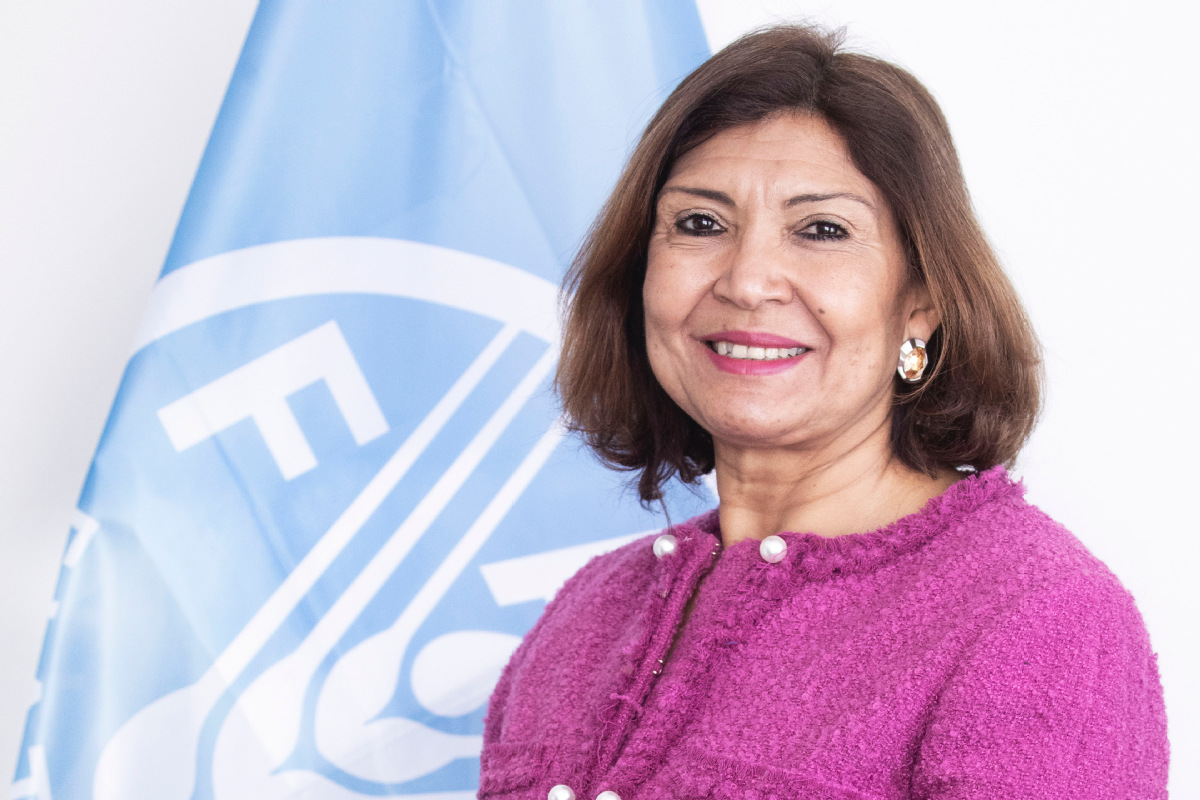The world is in a water crisis. Agriculture can lead the way out of it
By Maria Helena Semedo | chinadaily.com.cn | Updated: 2023-03-22 18:41

The world isn't heading for a water crisis. It's already in one. In many places, water withdrawals exceed recharge rates. Climate change is causing droughts and floods all over the globe. Water bodies that support vital biodiversity and production of food, both aquatic and on land, are compromised by reduced irregular flows and pollution.
At the UN 2023 Water Conference, the international community aims to emerge with a Water Action Agenda to protect one of humanity's most critical resources. Agriculture, the sector most dependent on freshwater, must be central to this agenda.
The numbers are already stark. Over 700 million people face high and critical water stress and over 90 percent of natural disasters are water related. The situation is worsening. Global water availability and quality are deteriorating. Climate change is intensifying. Competition between sectors and countries is increasing. By 2050, two-thirds of the world's population could face water shortages.
Agriculture currently accounts for 72 per cent of freshwater withdrawals. On current trends, an additional 35 per cent in water resources will be needed by 2050 to meet growing demand for food, fibre and feed. At the same time, demand for other uses is increasing. These numbers clearly don't add up.
This is hugely worrying for efforts to end hunger and poverty, because there can be no food and agriculture, and the livelihoods it supports, without clean and sufficient water – for irrigation of crops, for livestock, and for the many species that live in aquatic ecosystems. Agriculture – including forestry, fisheries and aquaculture – also plays a crucial role in the management of surface water, ground water recharge and even circulation of atmospheric water, thanks to forests.
If we are to protect the future of food, and meet the Sustainable Development Goals, the needs and role of agriculture must be supported. Agriculture itself needs to get more efficient at using water, better at keeping pollutants out of water bodies, and more resilient to climate change. So, how do we do this? The key is to act now with integrated water resource management approaches to produce more food, fibre, feed and biofuel with less water, more sustainably.

At the top-level – the kind of outcomes we need to see from the UN 2023 Water Conference – we need strong political will. We need collaboration, not competition, between sectors that use water. Proper planning can reverse land and water system degradation and reduce competition for resources when combined with innovative technical, institutional, governance and financial support. For example, watershed management approaches that manage freshwater systems and their fisheries, forestry, and agriculture services minimize trade-offs and leave no one behind.
Targeted investments and innovations in solutions for treated wastewater reuse, coping with drought and water scarcity, and circular bioeconomy approaches can help tackle water-related challenges. The sustainable use of biodiversity adapted to climate and soil conditions is key.
These top-level approaches will only work if they feed down to the people who will implement the changes. We need to support those who grow and produce food on rainfed systems, water harvesting, efficient irrigation methods, drought-resistant crops and much more. We need to support them to restore wetlands and other ecosystems, which perform critical services; secure land tenure is critical here. All approaches must encompass indigenous knowledge, science and technology, and country experiences. Crucially, those who produce our food need to be helped with the transition so that their livelihoods don't suffer any short-term dip.
The Food and Agriculture Organization of the United Nations (FAO) is working on all these threads. The Addressing Water Scarcity in Agriculture and the environment initiative, built on successes in the Near East and North Africa, is expanding to Asia and the Pacific. FAO is developing projects on indigenous drought resilient crops. The Global Framework on Water Scarcity in Agriculture (WASAG) is a platform for countries to share their knowledge, creating solidarity and community of practices and expertise. WASAG is also helping countries to formulate projects using innovative financing mechanisms. Farmers are being provided with the tools they need to cope with water scarcity.
Under the FAO and United Nations Environment Programme-led UN Decade on Ecosystem Restoration, country-led projects, supported by partners, are revitalizing hundreds of millions of hectares of vital ecosystems – from forests to oceans and wetlands. As national governments are at the centre of water governance, FAO is backing country-led National Water Roadmaps, which create a big picture approach to integrated and sustainable water management within nations, bridging sectors and actors.
FAO will fully support the Water Action Agenda that emerges from the UN 2023 Water Conference through the transformation to more efficient, resilient, inclusive and sustainable agrifood systems – systems that use less water, produce more nutritious food, create jobs and back a safe and healthy environment for everyone.
Yes, we are in a water crisis. But we can exit this crisis, together, and agriculture must lead the way.
The author is the deputy director-general of the UN's Food and Agriculture Organization.
























